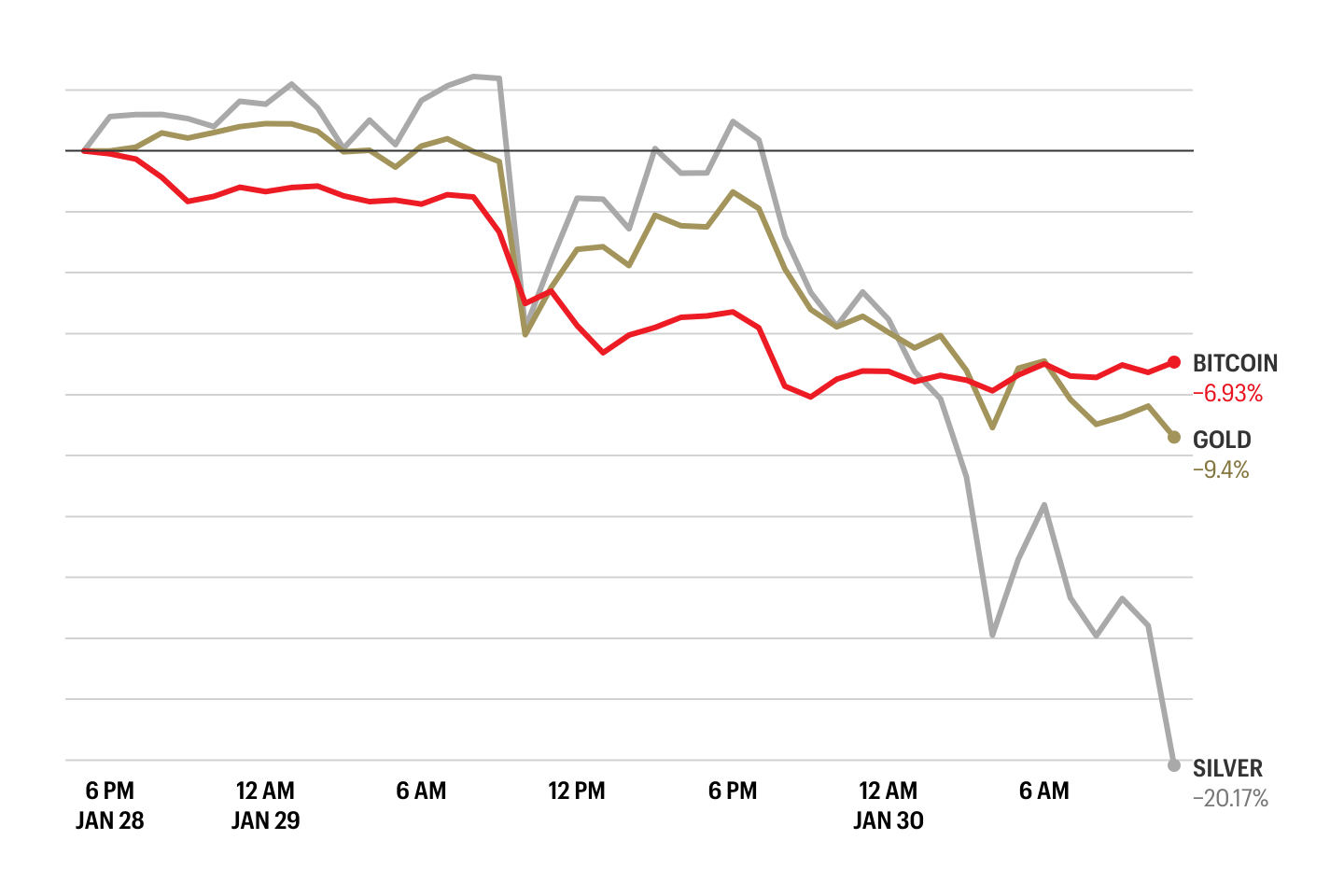Looking to buy an electric vehicle now that the U.S. Government is offering $7,500, but you don’t know which ones qualify?
On Tuesday, President Joe Biden posted a link to the page on the Internal Revenue Service website that lists all cars that, at least in theory, are eligible.
“Thanks to the Inflation Reduction Act, folks who purchase electric vehicles can receive a federal tax credit of up to $7,500 per vehicle, allowing millions of consumers to ditch the pump and easily switch to an EV,” he celebrated.
Suffice to say this is a slight exaggeration.
First off, simply picking from the various vehicle models listed won’t do—it’s a bit more complicated than that.
Each nameplate cannot exceed a certain price threshold depending on whether it’s classified either as a passenger car or a light-duty vehicle, such as more expensive SUVs and pickup trucks.
That’s why only Tesla’s entry version Model 3 with a single motor is eligible for the credit. Its $46,990 price tag comes in below the applicable manufacturer’s suggested retail price (MSRP) limit of $55,000 listed on the IRS page.
The Cadillac Lyriq is also listed by the IRS, but since it starts at $62,990, only a hefty price cut by General Motors will mean it qualifies.
So it’s important to always cross-reference the car with the current MSRP found on a carmaker’s website.
There are a few more peculiarities of which potential buyers should be aware.
The administration first needed to determine what can be considered an electric vehicle.
For instance, a fuel cell car like the Toyota Mirai that starts at $49,500 doesn’t use a battery, and yet it is electric, making it a potential contender. Too bad it’s manufactured outside the North American continent then, putting it out of the running.
For those vehicles that run on high-voltage traction batteries, by comparison, the bar for what can be deemed “electric” in the eyes of the IRS was set absurdly low by the government.
That is no coincidence since it allows for the much-maligned plug-in hybrid electric vehicles (PHEV), which rarely offer a usable electric range, to clear the hurdle.
For that reason, Audi’s $57,400 turbocharged Q5 Quattro SUV with permanent all-wheel drive imported from the carmaker’s plant in Mexico can count on the support of U.S. Taxpayers despite its microscopic range of just 23 miles on one charge.
The same goes for the Jeep Grand Cherokee 4xe SUV that costs $60,360 and manages 25 miles before having to fire up the internal combustion engine.
All a PHEV needs to prove is that its battery has a capacity of at least seven kilowatt-hours. To put this into perspective, most battery electric vehicles (BEVs) come with a minimum 50 kWh battery pack, and some like the BMW iX or Mercedes EQS are even twice that size.
This elicits understandable criticism as it’s entirely possible (though inadvisable given fuel prices) that they can be driven without ever charging the battery at all.
Is a crossover a car or an SUV?
The final peculiarity is the issue of what precisely constitutes a light vehicle, and here is where Tesla is at a material disadvantage.
Elon Musk’s hugely popular Model Y does not—at least presently—qualify since the crossover is considered by the IRS under long-standing rules to be a car under its sheet metal and not an SUV.
Aspects like its approach angle doesn’t allow it to scale rocky terrain, nor is its ground clearance sufficient to allow for off-road driving.
Without this, the Model Y is subject to the $55,000 MSRP cap for passenger cars rather than the more generous $80,000 threshold for light vehicles.
Currently, the most affordable Model Y starts at $65,990 so Tesla would have to knock off nearly a fifth of the price; it would be cheaper just to offer the $7,500 as a rebate off the hood than attempt to qualify.
That is, unless the Y is purchased in its optional seven-seat configuration for an extra $3,000, which the IRS then classifies as a light-duty vehicle.
Our new weekly Impact Report newsletter examines how ESG news and trends are shaping the roles and responsibilities of today’s executives. Subscribe here.













